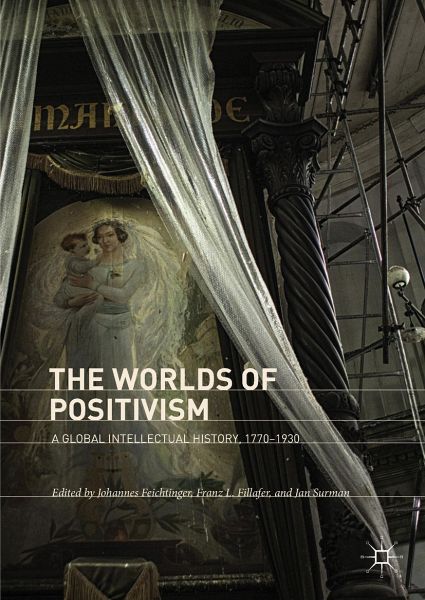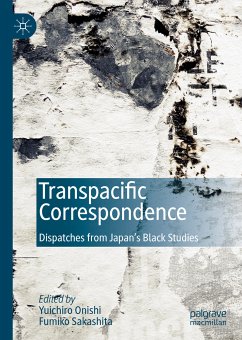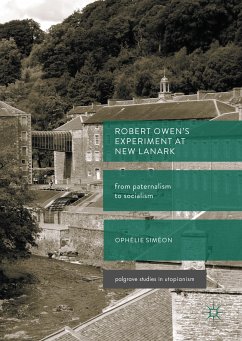
The Worlds of Positivism (eBook, PDF)
A Global Intellectual History, 1770-1930
Redaktion: Feichtinger, Johannes; Surman, Jan; Fillafer, Franz L.
Versandkostenfrei!
Sofort per Download lieferbar
96,95 €
inkl. MwSt.
Weitere Ausgaben:

PAYBACK Punkte
48 °P sammeln!
Presents the first global history of positivism
Explores the relationship between natural sciences and the humanities, science and religion, and universalism and cultural diversity on a global scale through Positivism's culture of enquiry
Provides a geneaology of scientific governance, with important social and ethical implications for today
Appeals to scholars of intellectual history, global history, transnational history, sociology, and philosophy
Explores the relationship between natural sciences and the humanities, science and religion, and universalism and cultural diversity on a global scale through Positivism's culture of enquiry
Provides a geneaology of scientific governance, with important social and ethical implications for today
Appeals to scholars of intellectual history, global history, transnational history, sociology, and philosophy
Dieser Download kann aus rechtlichen Gründen nur mit Rechnungsadresse in A, B, BG, CY, CZ, D, DK, EW, E, FIN, F, GR, HR, H, IRL, I, LT, L, LR, M, NL, PL, P, R, S, SLO, SK ausgeliefert werden.












